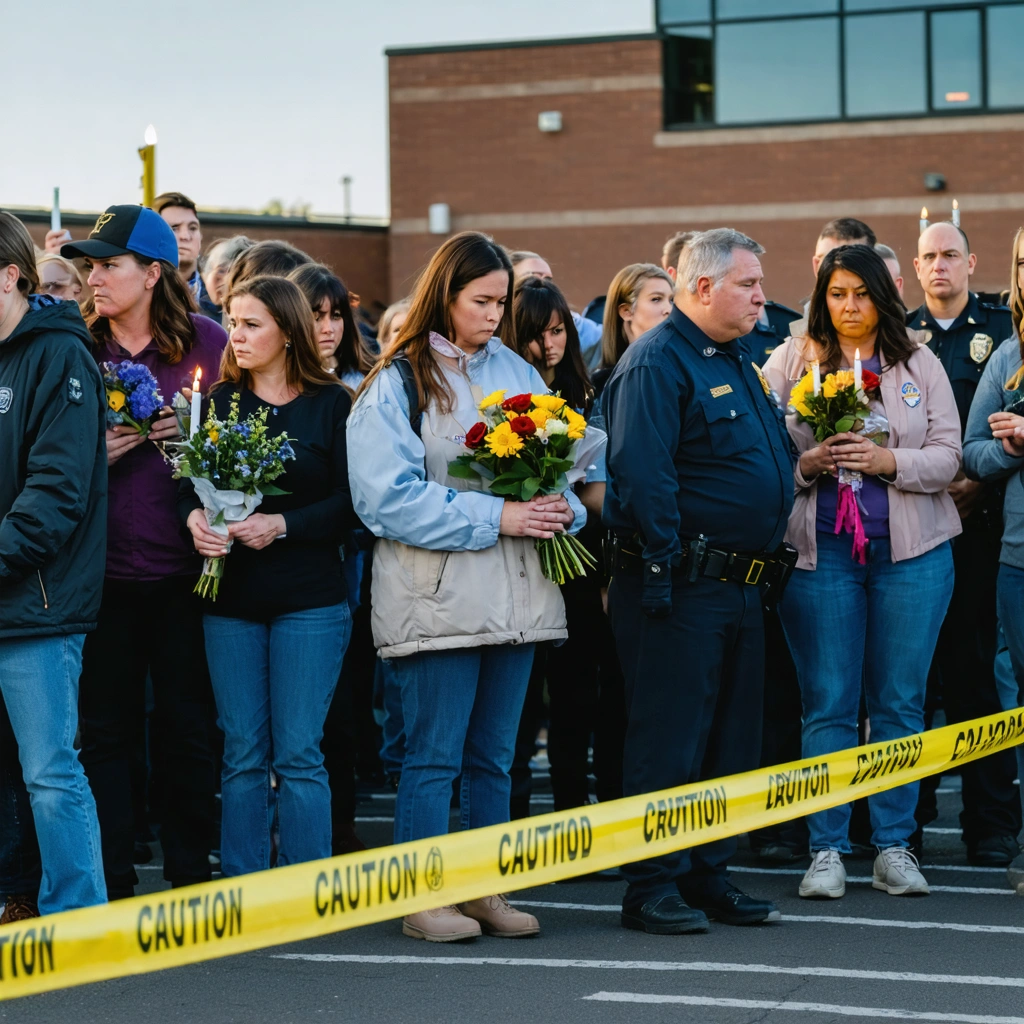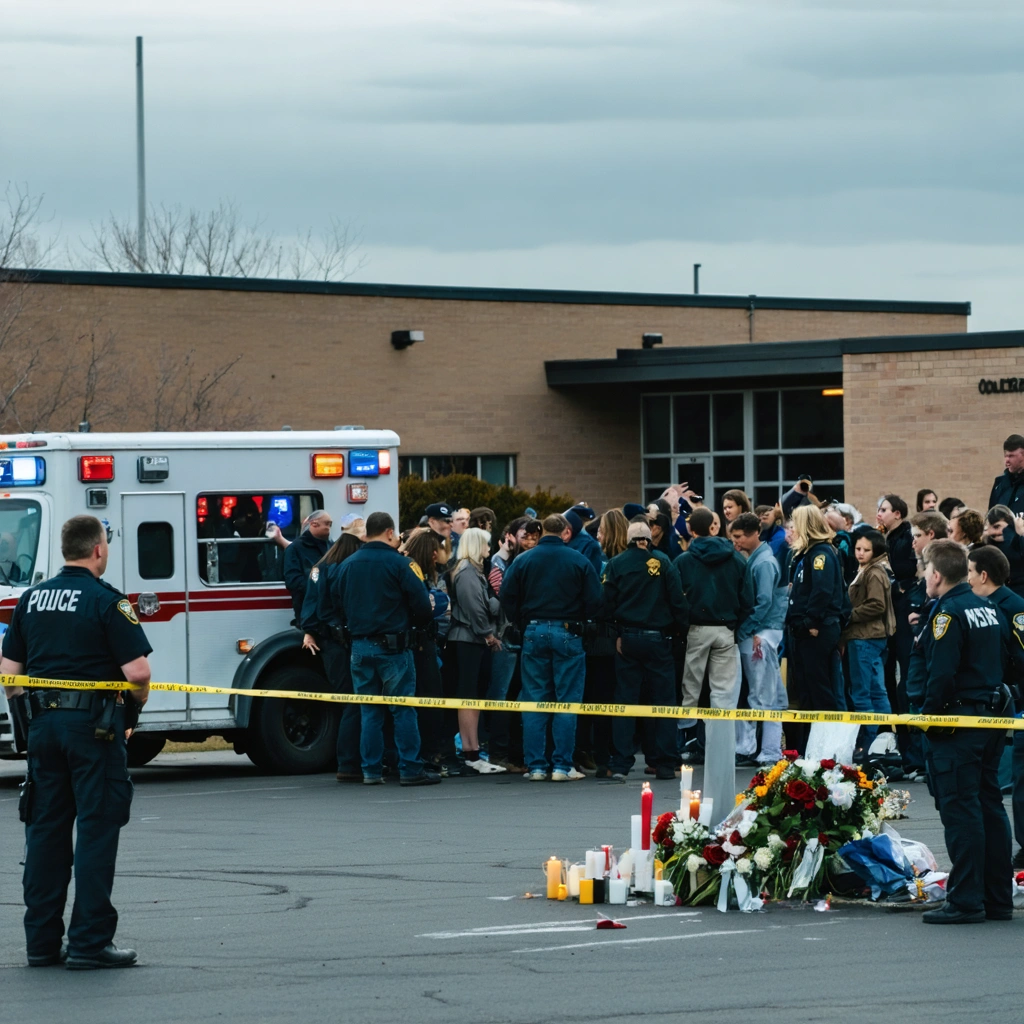The recent events surrounding the Colorado school shooting have sent shockwaves through the community and the nation. As we grapple with yet another tragedy, it becomes essential to examine the layers of this crisis that extend beyond the headlines. Colorado, a state with a haunting history of school shootings, has found itself in the eye of the storm once again. The Evergreen High School shooting is not just a local incident; it’s a reflection of a broader epidemic that demands our attention.
Understanding the Context of the Colorado School Shooting
On September 10, 2025, the Evergreen High School shooting unfolded, echoing the heart-wrenching memories of Columbine and other tragic events. But why does this keep happening in a state that has already borne so much pain? The statistics are chilling:
- Since Columbine, there have been countless school shootings across the U.S.
- Colorado has experienced multiple high-profile tragedies, including the Aurora theater shooting.
- Mass shootings have become a grim part of American life, with no clear end in sight.
The recent incident has reignited debates about gun control, mental health, and societal responsibility. However, the narratives often overshadow critical facts that need to be addressed openly.
Debunking Myths: The Role of Identity in Violence
In the aftermath of the shooting, a disturbing narrative emerged: the idea that mass shooters are disproportionately transgender. This claim, often sensationalized, lacks substantial backing. As reported by Snopes, the data indicates that mass shooters are not primarily transgender individuals. This misrepresentation can skew public perception and distract from the real issues at hand.
"To blame a community for acts of violence by a few is not only misleading but also dangerous."
We must focus on facts rather than fear. The conversation surrounding the Colorado school shooting should center on tangible solutions rather than scapegoating vulnerable communities.
The Fallout: Community Response and Legislative Action
The response from the Evergreen community has been one of solidarity and mourning. Vigils are held, and parents rally for safer schools. Yet, the question remains: will this tragedy catalyze real change in gun legislation or simply fade into the background noise of political theater? The moment is ripe for action, but will our leaders rise to the occasion?
- Advocates are pushing for stricter gun control measures.
- Calls for increased mental health support in schools are gaining momentum.
- Community discussions are focusing on ways to prevent future tragedies.
However, without meaningful engagement from lawmakers, these efforts may end up as nothing more than empty promises.
What Needs to Change?
Here’s where we stand: the cycle of violence must be broken. The Colorado school shooting is a wake-up call that we can no longer afford to ignore. We need:
- Comprehensive gun reform that prioritizes safety over politics.
- Investment in mental health resources for students and families.
- A genuine commitment from community leaders to address the root causes of violence.
Ignoring these issues means perpetuating a system that allows tragedies like the Evergreen High School shooting to happen again and again.
Moving Forward: A Call to Action
As citizens, we must demand accountability from our leaders. The narrative surrounding the Colorado school shooting should not just be about the horror of the moment but about the actions we take to prevent future tragedies. Are we willing to confront the uncomfortable truths and work collectively for a safer future?

In conclusion, we must engage in open conversations about the Colorado school shooting. This isn’t just a political issue; it’s a human issue. The lives lost demand respect and action. We owe it to the victims, their families, and our communities to advocate for change.
Do you agree this policy is a disaster, or do you see it differently? Speak up. Who's really telling the truth here — the leaders, or the people? Let's debate.

💬 Join the Conversation
Leave a Comment
Comments (0)
No comments yet. Be the first to share your thoughts!